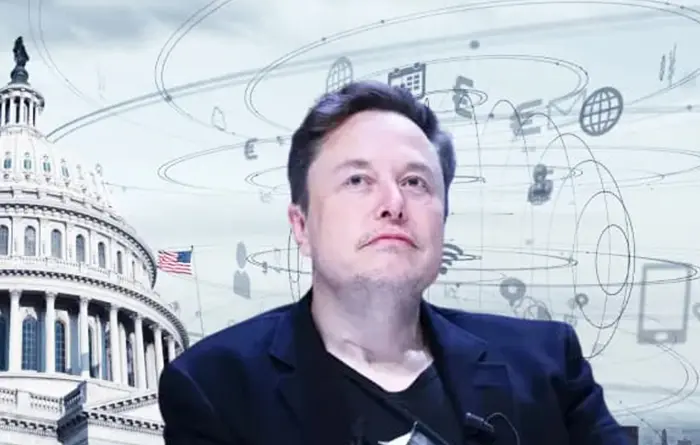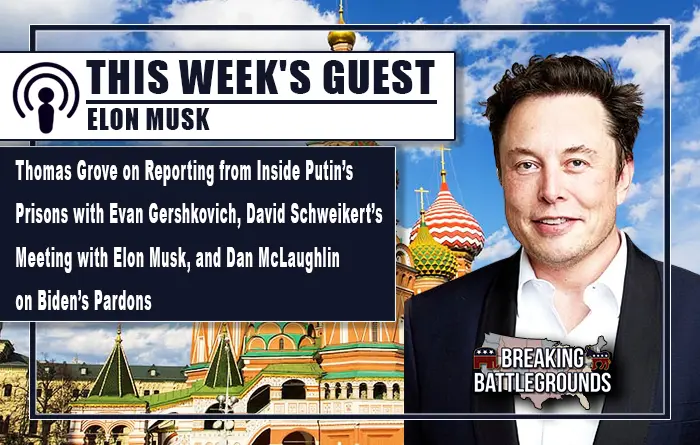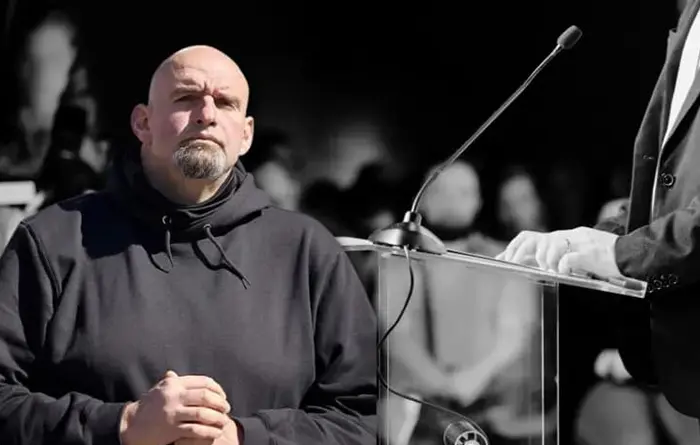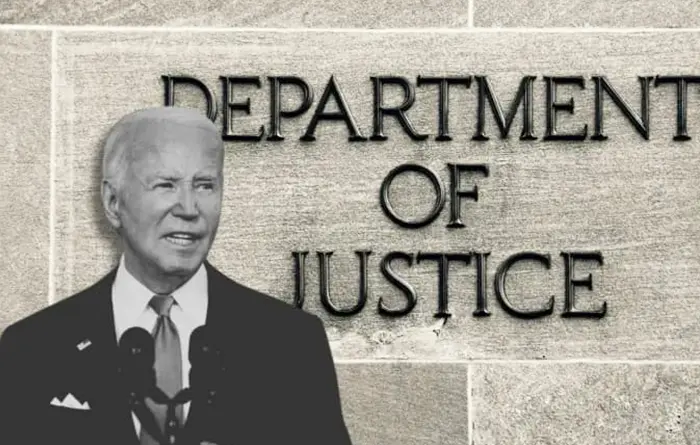Elon Musk is taking shots at government IT systems:
“The federal government computers & software are in such bad shape that they often cannot verify that payments are not fraud, waste or abuse!” he wrote earlier this month on X, his social media platform. “That’s why the government can’t pass basic audits. They often literally don’t know where your tax dollars went. It’s insane.”
As I saw firsthand while serving as chief of staff to a city of Phoenix councilmember, Musk isn’t wrong. The problem is worse than he likely realizes. When I first arrived in the office, we had an issue with connectivity between the city’s internal Outlook-based contact system and the Councilman’s iOS. After most of a couple decades in office, his contact list was too big for the system to handle. Contacts appeared and disappeared on his phone. Sometimes the link didn’t work at all. He spent months raging at the city IT department. Then he hired a recent Arizona State University grad to handle constituent services. She spent a few hours googling the problem and fixed it. The IT department offered her a job. She majored in Fashion.
Musk is correct that the digital systems government uses are often older, out-of-date, and no longer supported by the company that created them. Some of the companies are no longer even in business. The answer, routinely, is just to hire someone who worked at that company when the product was created – typically a retired software engineer – for inflated sums to patch and fill the gaps. But replacing those systems and updating them isn’t anywhere near as easy as it is in private industry. Why?
Procurement Rules: replacing obsolete systems is not a matter of saying “do it, here’s the money.” It’s a multi-year process involving detailed proposals that require constant genuflection at the altar of Diversity, Equity, and Inclusion. Have a superior product, but can’t prove you have a big enough commitment to DEI? Forget it, don’t even bother submitting a bid. New at the government contracting game and forget to dot an “i”? Bid tossed. Thousands of hours of work goes down the tube. That work costs money, so anyone burned by the process is going to stay on the sideline next time. Haven’t sold anything to the government before? Score dinged, you lose. The result is that a handful of giant government contractors get virtually all the contracts at every level. They know they aren’t competing on an even playing field, and don’t pretend otherwise.
Pay Caps: public-sector pay caps prevent government agencies from acquiring top talent in a number of fields (Technology, Law, and Engineering primarily), while simultaneously ensuring that run-of-the-mill bureaucratic middle managers are massively overpaid by the end of their careers. Rigid, time-of-service based increases boost mediocre performers, and ensure none of the best talent ever walks through the door. Try hiring a top tech performer for $60-80K a year to start. Or a bright young engineer. These are fields where top talent attracts as much as five to tens times those figures out of the gate. So, you end up with bottom-feeders who value being unfirable over achievement. Government bureaucracy as a whole is geared to promote people who slavishly follow in the footsteps of others, and the only way anyone gets canned is if they take a risk, and fail. So no one is ever willing to take risk, the pension is too good for that.
Build-to-Suit: government has a fetish for custom built software. Software has to serve the government systems in place, which won’t be modified to work with modern software, so well-supported off-the-shelf solutions that could be acquired at reasonable cost are discarded in favor of complex new software that is generally buggy, unreliable, laughably insecure, and won’t have any support available in a few years.
There are other problems, but these are the big three. And they are problems that extend far beyond tech. If Musk, Vivek Ramaswamy and their DOGE team want to fix government IT, they’re going to have to start by fixing a lot of very broken human systems first.
Note: the opinions expressed herein are those of Sam Stone only and not his co-host Chuck Warren or Breaking Battlegrounds’ staff.























